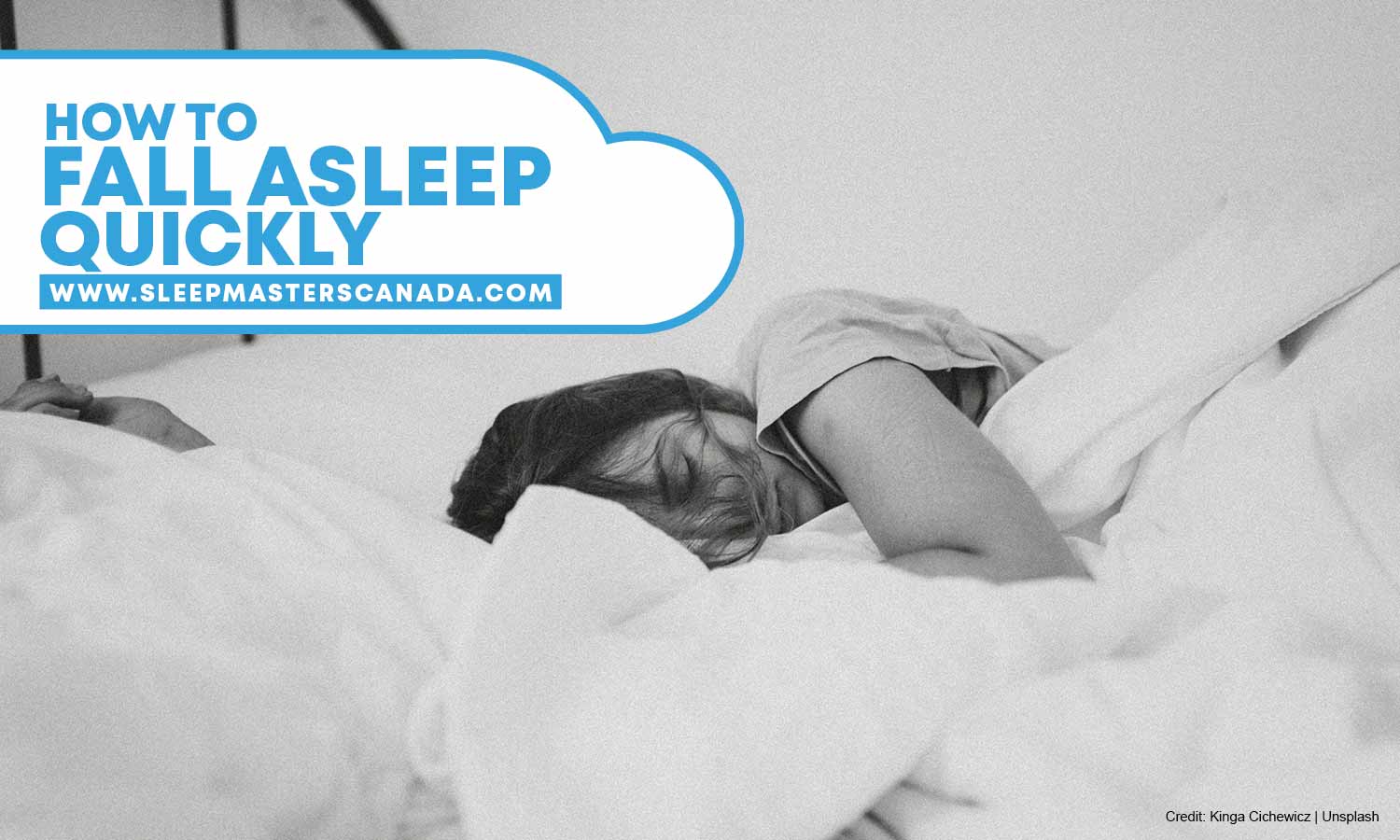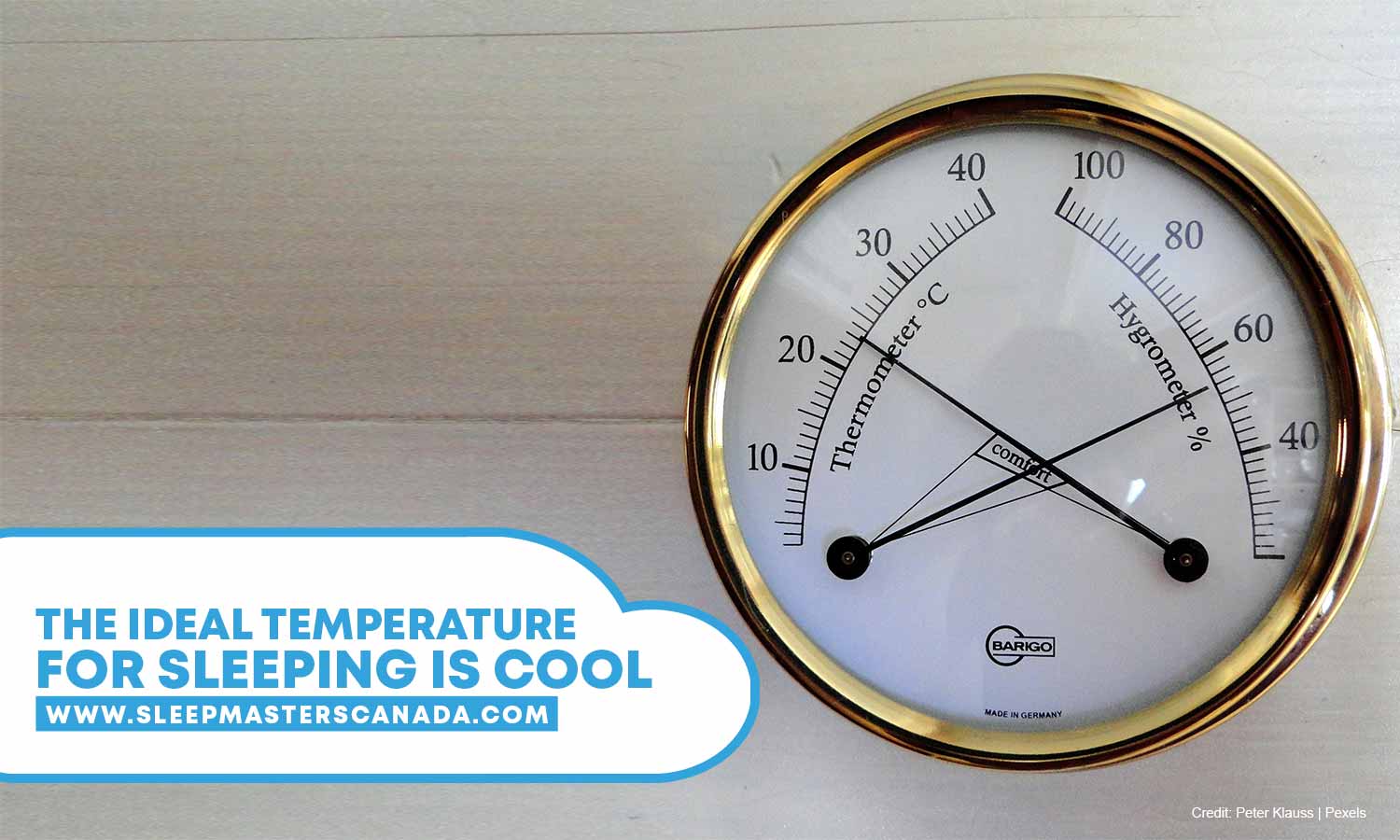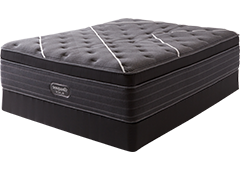
How to Fall Asleep Quickly
Recognizing the vital role that sleep plays in overall well-being is crucial, as it goes beyond mere preparation for the next day. Quality sleep serves as a cornerstone for holistic health, offering a multitude of benefits:
Reenergizes the Body:
A restorative night’s sleep replenishes energy levels, ensuring you wake up feeling refreshed and ready to tackle the day.
Promotes Healing:
During sleep, the body engages in repair and rejuvenation processes, supporting healing and recovery from daily wear and tear.
Regulates Bodily Functions:
Sleep plays a key role in regulating essential bodily functions, including metabolism, immunity, and oxygen circulation, contributing to overall health maintenance.
Minimizes Inflammation:
Quality sleep has been linked to reduced inflammation in the body, which is essential for preventing chronic health conditions.
Moderates Stress Levels, Improving Mood:
Adequate sleep is a natural stress reliever, helping to maintain balanced stress levels and contributing to an improved mood.
Supports Physical and Mental Performance:
Whether it’s physical endurance or cognitive function, sleep significantly enhances overall performance, ensuring you operate at your best.
Below, you will find some tips on how to fall asleep quicker and also stay asleep for longer:
-
Perform Workouts During the Day

Engaging in regular exercise not only offers a plethora of health benefits but also plays a pivotal role in promoting a restful night’s sleep. Here’s why incorporating moderate exercise into your routine can positively impact your sleep quality:
-
Balancing Hormones:
- Exercise acts as a natural regulator of hormones, notably decreasing cortisol, the stress hormone, and increasing serotonin, often referred to as the “happy hormone.” This hormonal balance can contribute to a sense of well-being and aid in achieving better sleep.
-
Enhancing Sleep-Wake Control:
- Serotonin, stimulated by exercise, plays a crucial role in controlling both sleep and waking patterns. By positively influencing these neurotransmitters, exercise can improve the duration and quality of your sleep.
-
Moderation is Key:
- It’s important to note that excessive or intense exercise close to bedtime can potentially disrupt sleep patterns. Opting for moderate exercise is ideal for reaping the sleep-enhancing benefits without negatively impacting sleep quality.
-
Timing Matters:
- While any time spent exercising is beneficial, working out in the morning tends to maximize the positive effects on sleep. Early morning exercise aligns with the body’s natural circadian rhythm, promoting alertness during the day and contributing to better sleep at night.
-
Set a Sleeping Schedule

Establishing a consistent sleep schedule is pivotal for optimizing your ability to fall asleep quickly and enhancing overall sleep quality. Here are some refined tips to help regulate your internal clock and create a conducive bedtime routine:
-
Prioritize Consistency:
- Your body’s circadian rhythm thrives on consistency. Set a fixed bedtime and wake-up time, even on weekends, to sync with your internal clock. This regularity helps regulate your sleep-wake cycle, making it easier for you to fall asleep and wake up naturally.
-
Create a Relaxing Wind-Down Routine:
- Allocate 30-45 minutes before bedtime for a calming wind-down routine. Engage in activities that promote relaxation, such as reading a book, practicing gentle stretches, or listening to soothing music. This signals to your body that it’s time to transition from wakefulness to sleep.
-
Mindfulness and Relaxation Techniques:
- Incorporate mindfulness or relaxation techniques into your pre-sleep routine. This can include deep breathing exercises, progressive muscle relaxation, or guided meditation. These practices help quiet the mind and prepare your body for restful sleep.
-
Limit Screen Time:
- Minimize exposure to screens, including phones, tablets, and computers, at least an hour before bedtime. The blue light emitted by these devices can interfere with the production of melatonin, a hormone that regulates sleep.
-
Create a Comfortable Sleep Environment:
- Ensure your bedroom is conducive to sleep by adjusting the room temperature, using blackout curtains, and investing in a comfortable mattress and pillows. A cozy sleep environment enhances the overall quality of your rest.
-
Keep It Cool

Enhance your ability to fall asleep quickly by creating a sleep-conducive environment through temperature adjustments. Here’s a refined approach to optimizing your bedroom and body temperature for a more restful night:
-
Maintain a Cool Bedroom Environment:
- Keep your bedroom at an optimal temperature ranging between 15.6°C and 19.4°C. A cooler room can enhance comfort and create the ideal conditions for a quicker and more restful sleep.
-
Adjust Your Thermostat:
- Set your thermostat to the recommended temperature range to ensure a cool and comfortable sleep environment. Experiment with the settings to find what works best for your personal preference.
-
Pre-Bedtime Warm Shower or Bath:
- Take a warm shower or bath 1 to 2 hours before bedtime to facilitate the necessary temperature changes your body undergoes during the sleep process. The water temperature should be between 40.0°C and 42.5°C to induce relaxation and prepare your body for sleep.
-
Promote Temperature Regulation:
- A cooler environment promotes the body’s natural temperature regulation, crucial for initiating the sleep process. This cooling effect can send signals to your brain, signaling that it’s time to wind down and prepare for restorative sleep.
-
Take Power Naps Earlier in the Day
While daytime naps can be effective for restoring alertness, their impact on nighttime sleep depends on various factors, including duration and timing. Research indicates that certain nap habits can affect nighttime sleep quality. For instance, a study found that college students who took frequent (3 or more per week), lengthy naps (minimum of 2 hours), and those napping late (between 6 and 9 in the evening) reported poorer nighttime sleep.
To ensure your naps don’t interfere with nighttime sleep, consider adopting the following guidelines:
-
Opt for Short, Timely Power Naps:
- Keep your daytime naps brief, lasting no more than 30 minutes. This duration is effective for boosting alertness without inducing deep sleep, minimizing the likelihood of interference with nighttime rest.
-
Schedule Naps Earlier in the Afternoon:
- Plan your power nap no later than 3 in the afternoon. Napping too close to bedtime can disrupt your natural sleep-wake cycle, making it more challenging to fall asleep at night.
-
Be Consistent with Napping Habits:
- Establish a consistent pattern for your napping habits. Avoid excessive frequency and ensure your naps align with a regular schedule. This helps regulate your body’s internal clock, promoting overall sleep quality.
- Make Sure You’re Comfortable

Certainly, the significance of a comfortable mattress cannot be overstated when it comes to falling asleep quickly and enjoying restorative sleep. Let’s delve deeper into the crucial role a mattress plays in achieving optimal comfort:
-
Individualized Comfort:
- Acknowledging that there’s no one-size-fits-all solution for mattresses is essential. Each person has unique needs, making it crucial to find a mattress that aligns with your specific requirements for support and pressure relief.
-
Identify Personal Features:
- Pinpointing individual features such as weight and preferred sleep position serves as a valuable guide in selecting the most suitable mattress. This approach streamlines the decision-making process, making it more accessible and effective.
-
Tailored Comfort Levels:
- Matching your weight to the appropriate comfort level is key. Lighter individuals may benefit from a more plush mattress, providing a softer feel. Average weight individuals often find comfort in a medium-level mattress, while those on the heavier side may gravitate towards a firmer option for optimal support.
-
Focus on Support and Pressure Relief:
- The right mattress strikes a balance between support and pressure relief. It cradles the body, promoting alignment and minimizing pressure points, contributing to a comfortable and uninterrupted sleep experience. When it comes to pressure relief, there is no doubt that quality foams such as Memory Foam or Natural Latex are the front runners, as long as the overall mattress firmness is suitable.
-
Explore Options:
- Understanding your personal preferences allows you to explore a range of mattress options more efficiently. Whether it’s memory foam, innerspring, or hybrid mattresses, there’s a variety of choices tailored to different needs.
-
Put All Electronics Away
If you frequently find yourself scrolling through your phone at 4 in the morning, you’re not alone. While electronic devices offer entertainment and information, they can be counterproductive when it comes to falling asleep. Here’s an enhanced guide to minimize digital distractions for quicker and more restful sleep:
-
Recognize the Impact of Electronic Devices:
- Electronic devices, such as smartphones and laptops, can engage your mind and hinder the natural wind-down process. The blue light emitted by screens further disrupts your sleep cycle by suppressing melatonin production, the hormone essential for sleep regulation.
-
Limit Stimulating Activities Before Bed:
- Activities like playing video games and scrolling through social media can keep your mind alert. To facilitate a smoother transition to sleep, avoid engaging in stimulating activities at least an hour before bedtime.
-
Create a Distraction-Free Sleep Environment:
- Transform your bedroom into a haven of tranquility by removing potential distractions. Put away your phone, turn off laptops, and disconnect other electronic devices. By eliminating visual and auditory stimuli, you create a conducive space for relaxation.
-
Utilize Blue Light Filters:
- If you must use electronic devices close to bedtime, consider using blue light filters. These filters reduce the amount of blue light emitted, minimizing its impact on melatonin production. Alternatively, special eyeglasses designed to block blue light can be effective.
-
Establish a Relaxing Pre-Sleep Routine:
- Cultivate a pre-sleep routine that encourages relaxation. Engage in calming activities such as reading a book, practicing gentle stretches, or listening to soothing music. This helps signal to your body that it’s time to unwind.
-
Limit Caffeine Intake

Effectively managing caffeine intake is crucial for promoting faster and more restful sleep. Here’s an improved guide on handling caffeine to enhance your sleep quality:
-
Understanding the Impact of Caffeine:
- While caffeine serves as a beneficial stimulant for alertness, it can significantly affect sleep duration and quality. Recognize that its effects vary among individuals.
-
Limit Caffeine Intake Before Bed:
- To facilitate falling asleep quickly, establish a cutoff for caffeine consumption at least 6 hours before bedtime. This allows sufficient time for the stimulant effects to wear off, minimizing its interference with sleep.
-
Explore Caffeine-Free Alternatives:
- Instead of caffeinated beverages, consider opting for soothing teas known for their sleep-promoting properties. Chamomile tea, magnolia tea, and lemon balm tea are excellent choices. These herbal teas contain compounds that promote relaxation, helping prepare your body for a restful night.
-
Mindful Tea Consumption:
- Enjoying a warm cup of herbal tea can become a delightful bedtime ritual. Choose caffeine-free options and sip slowly, allowing the calming properties to take effect. Be mindful of the temperature to avoid consuming anything too hot close to bedtime.
-
Consider Herbal Infusions:
- Explore herbal infusions that go beyond traditional teas. Incorporate herbs like valerian root, passionflower, or lavender into your bedtime routine, as they are known for their calming and sleep-inducing qualities.
Embark on a journey to better sleep with the insights and strategies shared in this guide. By understanding your body’s natural rhythms, creating a comfortable sleep haven, and adopting mindful habits, you can pave the way for faster and more restful nights. Say goodbye to sleepless nights and embrace the secrets to falling asleep quickly for a healthier, happier you. Sweet dreams await!
If you require assistance with selecting the correct mattress for yourself, please do not hesitate to reach out to us! You may also use our Mattress Selector Form and one of our knowledgeable staff members will reach out to you and provide you with a personalized recommendation for the most suitable mattress. Don’t forget to check out our Mattress Sale Toronto section for the very best deals!

 Serta
Serta Simmons BeautyRest®
Simmons BeautyRest® Pocket Coil
Pocket Coil Memory Foam
Memory Foam Pillow-Top
Pillow-Top Dreamstar Mattresses
Dreamstar Mattresses Mattresses under $500
Mattresses under $500